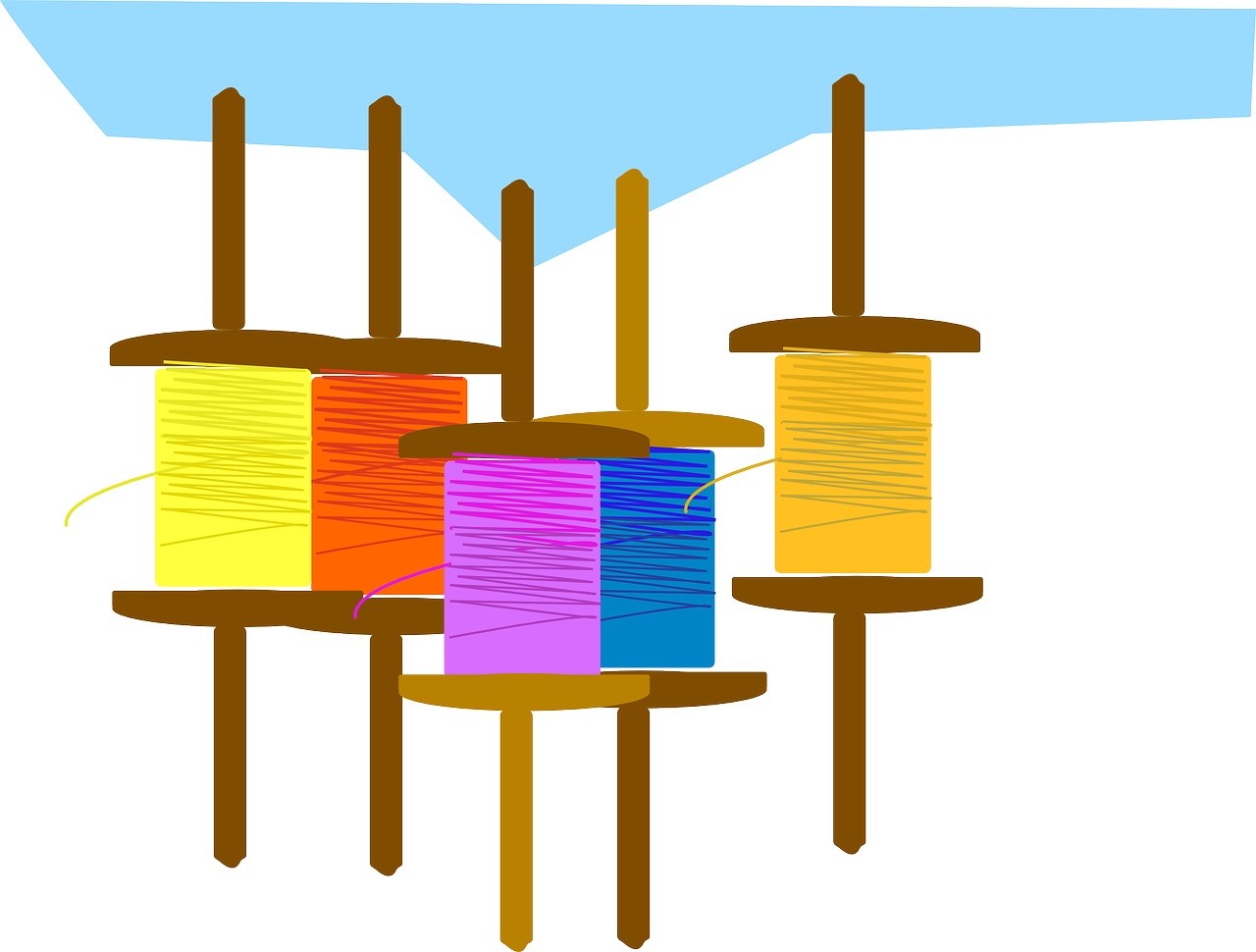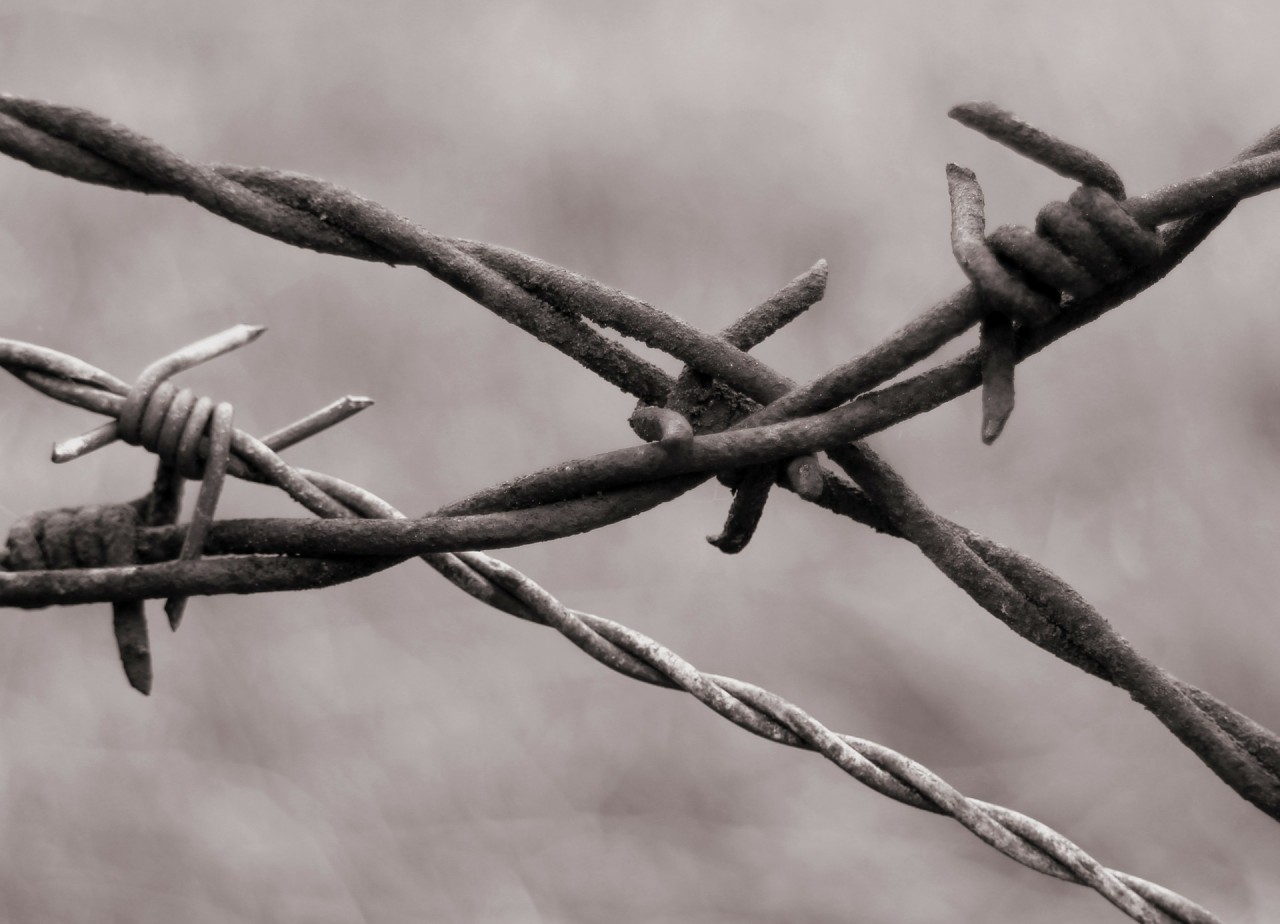Not so long ago, broken things got repaired. We have somehow fallen in a predetermined lifestyle. In a world of premeditated and planned obsolescence; there is no time and no budget to fix your old things. So we go shopping to keep the lifestyle, to keep machines working and companies making profits. We go to work to earn the money that we’ll later spend in buying new and better things, new and better holidays and new and better food, because old ones are too old and we need to look good. It has to be perfect, so we don’t lose our status.
You know what I mean, I’m sure you know….a nice t-shirt, shoes, perfume. The last time you came you were a bit too laid-back, not well-groomed –he said–
I love moments when things just get repaired. Isn’t it great to bring your jeans for the second time to the shop and pay one third of the price of a new one to repair it? I find it absolutely fantastic to reuse something that people would throw away. Imagine, you save the shopping time and there is also an ethical and environmental souvenir involved. Let’s be honest, those jeans are made in China by people that earn 1 dollar per day. The direct environmental impact could appear subtle, but it has a tremendous effect in the long term. It’s like you alone, one in seven billions, can make a change. Imagine if we multiply it by 10, or by 100, or by 1000. What if we extend this behavior to other areas of our lives? For Instance, to food, and we start growing our own food, that sounds amazing, doesn’t it?
Before moving to the next part I wanted to go back to the sugar ‘thingy’. Isn’t it funny? We consume so much sugar that our brains experience highly addictive rush episodes; exactly like after taking some drugs. We go to work and sit 8 hours and eat 80 grams of sugar per day and get fat, sick and mentally sick. So we spend our money in fitness centers and doctors, waiting for the weekend to find some comfort. We also hate Mondays, of course, people just hate Mondays. So we live a life controlled by a permanent anxiety, by a willing to be on holidays, a willing to get to that eternal weekend (called retirement) to lose ourselves and be finally free.
I saw some time ago the movie Django Unchained. I don’t really see many differences between this movie and how we actually live our lives. We are slaves of our debts, our cars and our jobs. So banks, companies and their owners get wealthier and just enjoy their lives, not using a whip, but a colorful paper called money. We are also slaves of our possessions, the more we have, the less time we have for ourselves. Things haven’t changed that much in the last century, have they? The world is still a global plantation. We have some very few privileged ones and a huge proportion of slaves. One may think that those Chinese people I was talking about are the real slaves. Indeed, they have it quite hard. They are the slaves of our times. But we are also slaves, because we don’t own our time, we have to work for someone else’s success; we barely own our health, our passions and our lives.
Industrial revolution promised a 180 degrees change in the world. We are still dreaming of the 15-hour working week predicted by (John Maynard) Keynes. What the hell? 15 hours? I work 40. People like to blame the multinationals and capitalism. The truth is: we are to be blamed. It’s us doing it. We need to wake up from this plantation dream. But I don’t want to be so melodramatic. I am not a hater nor an anarchist. There are plenty of examples of communities making changes, engaging with the environment, education or society; we have strikes everywhere, social movements, do-it-yourself, Green Peace, Malala, Leo DiCaprio and Emma Watson. Our heroes.
The problem of these movements is that they are still not main-stream. They wear diapers and at best, they are at the kindergarten. That’s a difficult task actually. Imagine, even climate change isn’t yet main-stream. So what is the key? What is the key to a global change of consciousness? Is it Ebola? Is it climate change? I don’t know for sure. But I do know that this change of consciousness is happening and that awareness will come after a big depression. We are unfortunately human and we don’t learn until we fall and break into pieces. So in the middle of our suffering, we see the light.
So on which side are you? Are you main-stream, depressed or already a revolutionary? Whatever you do, don’t forget to repair your jeans and you will be already part of the change.










